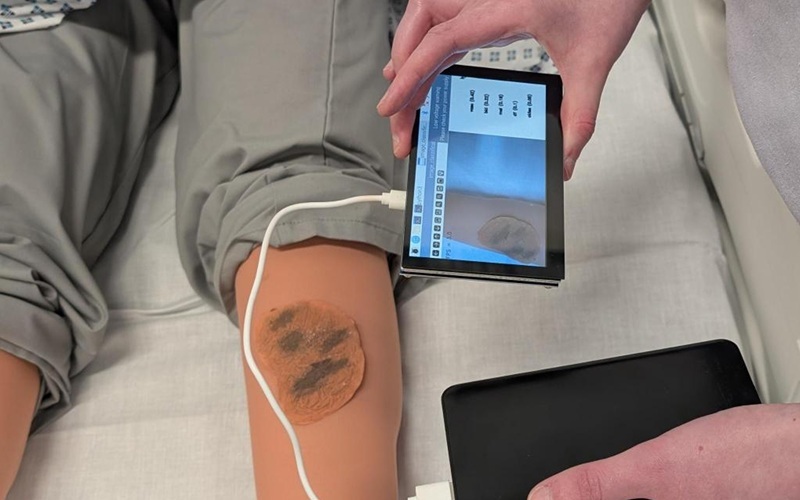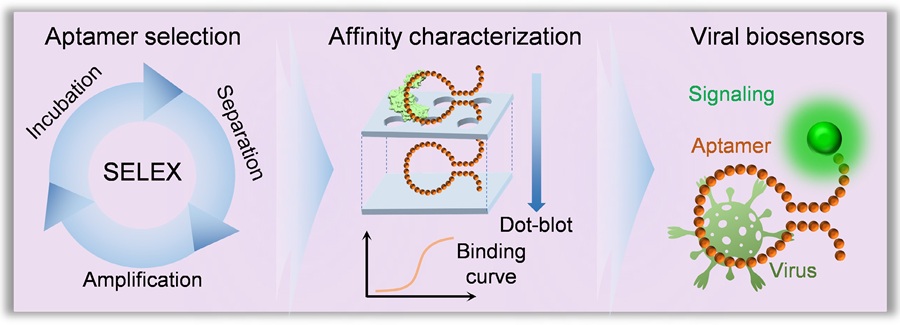AI to Transform Skin Cancer Diagnosis in Remote Areas
Posted on 29 Jul 2025
Many patients living in remote regions lack timely access to dermatological care, often facing long wait times and delayed diagnoses for potentially serious conditions like skin cancer. Healthcare backlogs and stretched resources across the UK further complicate access to early detection services. In areas with limited or no medical infrastructure, especially in rural or underserved locations, the challenge of diagnosing skin conditions accurately and efficiently becomes even more pronounced. With limited internet access in many of these regions, traditional telemedicine models often fall short. Now, researchers have developed a new device that empowers individuals to monitor skin conditions from home using artificial intelligence (AI), reducing diagnostic delays and expanding access to care.
The device, developed by researchers at Heriot-Watt University (Edinburgh, Scotland, UK) along with collaborators, uses low-cost Raspberry Pi hardware combined with state-of-the-art image classification algorithms to assess skin lesions in real-time. Originally inspired by earlier work in accessible translation technologies and studies in Tiny Machine Learning, the project applies underexplored AI capabilities to dermatology. Patients take images of skin conditions using a camera connected to the device, which analyzes the photos locally — independent of Wi-Fi — by comparing them to a vast database of thousands of skin lesion images. Diagnostic results are delivered within seconds, with findings securely shared with local general practitioners for follow-up treatment planning. A prototype of the device has been successfully demonstrated, making it the first system of its kind designed to deliver AI-based skin diagnoses without internet connectivity.

While the tool has not yet been tested in clinical settings, its diagnostic accuracy currently stands at up to 85%, with further improvements expected through access to larger skin lesion datasets and more advanced machine learning models. The team is in discussions with NHS Scotland to begin the ethical approval process for pilot testing. The long-term plan is to roll out the system first in remote Scottish regions before expanding to international locations with limited access to dermatological care. The device could also benefit patients who are housebound or have mobility challenges, enabling caregivers to assist in diagnosis. The ultimate goal is to establish a resilient, cost-effective diagnostic solution capable of operating independently in resource-limited settings.
"There's a lot being done with AI and medical scans like X-rays and MRIs, but relatively little using photographs of skin,” said Tess Watt, a researcher at Heriot-Watt University who has developed AI-driven tools to diagnose skin conditions. "If we can empower people to monitor skin conditions from their own homes using AI, we can dramatically reduce delays in diagnosis."
Related Links:
Heriot-Watt University













